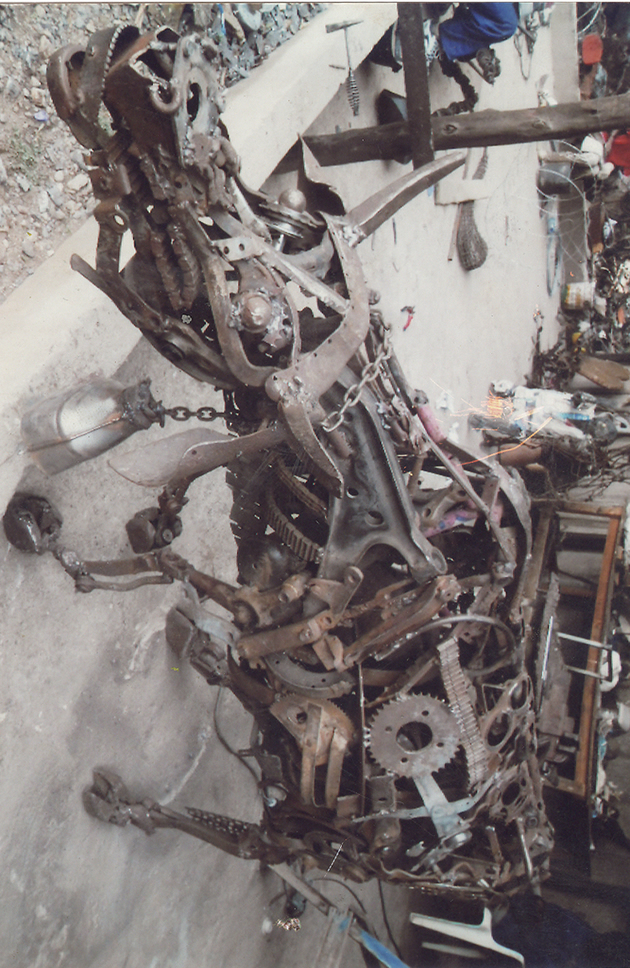A genuine scare of deflation

Linda Tsarwe
Deflation scares have been on the cards for some time now. Although there was a marginal increase in inflation rate in January 2014, this by no means removes the possibility that the economy could plunge into deflation. There seems to be no indicators to point to positive inflation as most fundamentals seem to be suggesting a plunge of inflation into the negative. Like hyperinflation, deflation will have its own damaging effects as it is undesirable especially at a time where we are hoping for a significant growth in the economy.
Simply defined, deflation is the general decrease in the price levels of goods and services and an inflation rate will be below zero percent. Such was the scenario when we dollarised in 2009 whereby the economy had a negative inflation rates of 7,7 percent in December 2009, 4,8 percent in January 2010 and 0,7 percent in February 2010.
Considering that the country had just adopted multiple currencies, it was understandable that the country was short of liquidity and therefore would fall into deflation.
Although the inflation rate has picked up from then and is currently in the positive, the trend over for 2013 and 2014 has raised some red flags. January 2013 recorded a year on year inflation rate of 2,51 percent.
For 2014, year on year inflation by January was 0,41 percent. This represents a 2,1 percentage points decline over a year. Generally the trend has been downward since 2012 but the last half of 2013 took a significant knock from an inflation rate of 1,87 percent in June 2013 to 0,33 percent at the end of the year.
Given such a trend, it would not be surprising for the country’s inflation to fall into the negative this year. Since dollarisation liquidity has been scarce. Consumers are currently cash strapped and aggregate demand is low.
This was reflected mainly during the festive season where traditionally there is a spending frenzy and inflation increases. However, December 2013 actually recorded a lower year on year inflation rate of 0,33 percent from October’s 0,59 percent and November 0,54 percent as the level of disposable income is low.
This is also a huge dive from the 2,91 percent inflation rate attained in December 2012.
Companies are finding it hard to go by. There have not been significant inflows of capital to revamp production in the industries. Only a few companies managed to capitalise their businesses after dollarisation.
The likes of Delta for example, were fortunate to have a rich parent to support their operations. For others that were not so fortunate, production remained stifled, and exports suppressed. Imports, on the other hand have soared and therefore our trade deficit position has worsened over the years.
Resultantly the little liquidity that is available is leaking out of the country through imports, making our position worse off. Hence, if there is no significant capital injection, the vicious cycle will continue.
Production remains below full capacity, while some companies are left with no choice but to close shop. Others will cut off labour, while the remaining will be on relatively low wages. With an increase in unemployment, more consumers will reduce their spending to just necessary basics.
All this has the effect of slowing down economic activity and pulling inflation with it to negative levels.
Furthermore, the weakening of the rand might also hammer down inflation into the negative. In 2013 alone the rand depreciated by 23,79 percent against the US dollar and the rand continues to lose ground in 2014, having lost 2,24 percent in value to date. Being one of the major trading partners with Zimbabwe, the depreciation of the rand against the US dollar works in our favour as we mainly use the US dollar under the multiple currency system.
However, history has shown that retailers usually do not decrease their prices, especially on basic commodities, in the light of the foreign exchange advantage, but there will not be any increases either. Coupled with low aggregate demand, the motivation to increase the prices is not there, and will just drive one out of business anyway.
Should deflation befall us, then the country will be facing another macro-economic predicament.
Production levels will go down and hence the Gross Domestic Product will fall. For companies, the lack of demand will mean downsizing as there is not enough business activity to support their current sizes.
Consumers will be worse off as well as they might find themselves unemployed or on low wages. Inevitably, demand is weighed down further and the cycle viciously continues like that. Under such scenarios, a country would provide bailout packages to stimulate economic activity and also use monetary tools to induce money supply.
In our case, such steps are not possible as the Government has no capacity to bailout any company, while the central bank cannot currently use monetary tools such as interest rates to induce supply because of the current multiple currencies in place.
Government, therefore ought to handle the root problems of low disposable income to boost general spending. There is need to open up to capital inflows for industry to revitalise.
Policies ought to be conducive to woo investors. It is clear that locally, we do not have capacity to financially support our industries. In such a predicament one would look for foreign capital, to partner with in the business.
However, as long as we are considered a relatively risky investment destination as a country, foreign capital will not come through, which works out for the worst for us as a country.
If we set our policies to be friendlier, then we might start to see some significant turnaround in our industries, which has the positive effect of reducing unemployment, increasing exports and generally lubricating the economy’s engine through increased liquidity.
Only then will we ward off deflation scares and maybe even start talking about how to keep inflation in check.
For feedback email [email protected]








Comments